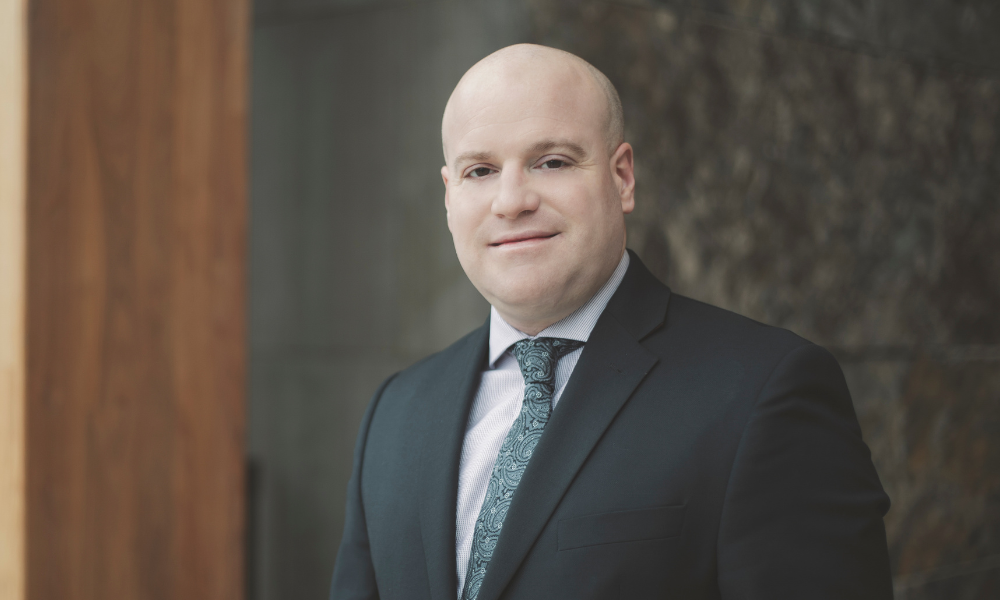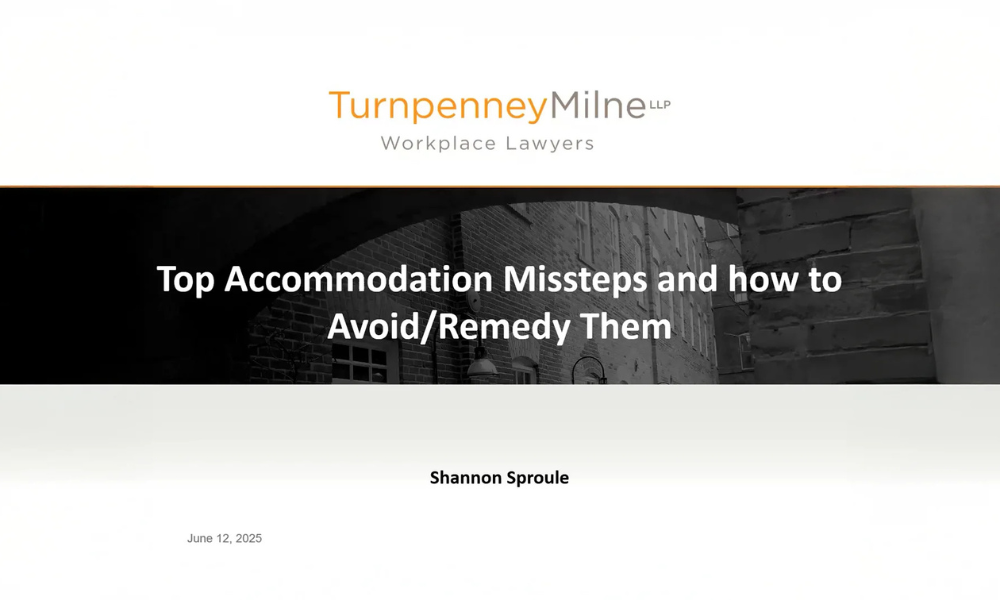The recent case of a London Drugs employee who stole $2 million worth of merchandise over five years underscores the importance of robust HR systems and the role of organizational justice in preventing employee misconduct.
The motivations behind employee misconduct are varied and complex, but they often boil down to a perceived injustice or inequity within the organization that result in “counterproductive” actions, says Lucas Monzani, professor of organizational behaviour at the Ivey Business School at the University of Western Ontario.
“The main idea of understanding these counterproductive behaviours, it’s a way of restoring a perceived injustice,” he says, so when employees feel they are not being treated fairly — whether in terms of compensation, recognition, or workload — they may engage in misconduct as a way to “balance the scales.”









